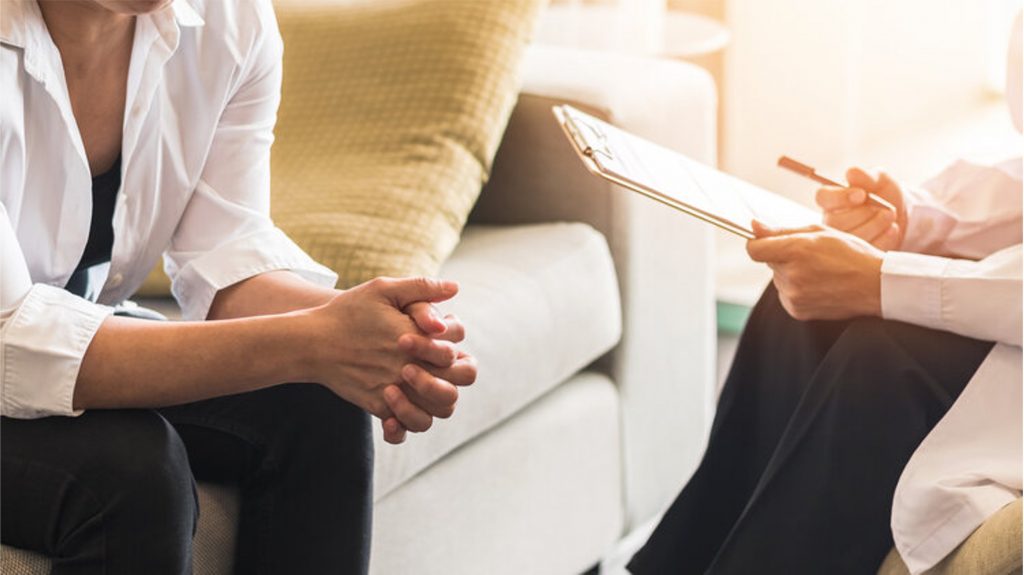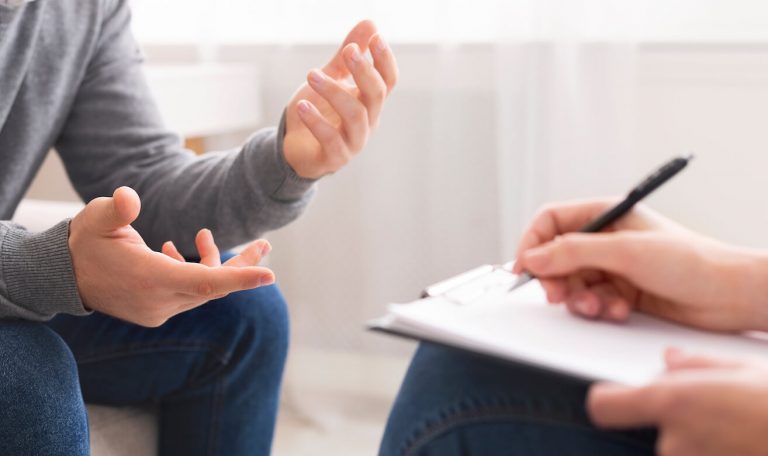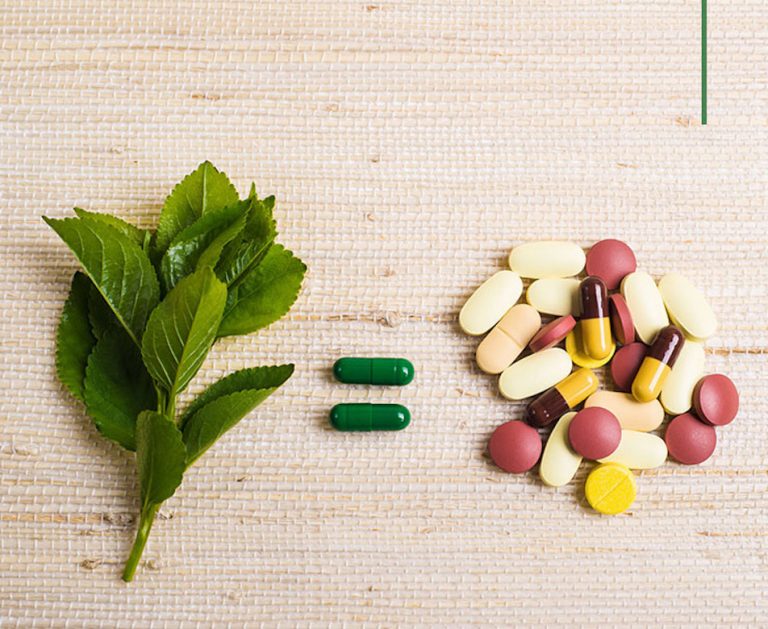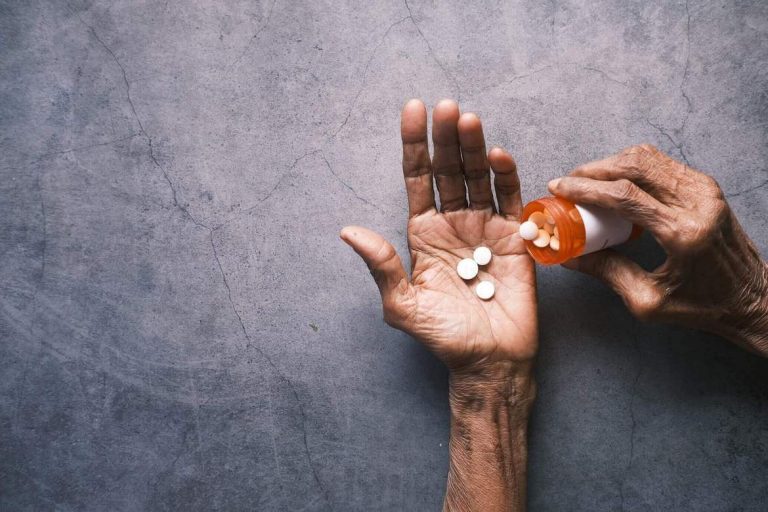Depression Counseling
According to the WHO, depression is a leading cause of disability worldwide. About 3.8% of the global population suffer with depression. That’s nearly 280 million people.
What Can Depression Feel Like? Signs You Need Depression Treatment
Depression is a complex problem that affects different aspects of people’s lives. Often, it is difficult for people to talk about depression because it can be widely misunderstood. Many think of depression as a kind of sadness, and expect others to just “switch” their mood or attitude around. It’s important to keep in mind that if that were possible, if people could just switch it around, then it isn’t depression. It can be helpful to share a brief video with friends and family about the difference between sadness and depression.
Common symptoms of depression include:
- Feeling sad or empty;
- Loss of interest or pleasure in activities;
- Change in appetite;
- Sleep problems;
- Fatigue;
- Feelings of worthlessness;
- Feelings of guilt;
- Difficulty thinking, concentrating, or making decisions;
- Memory problems;
- Thoughts of death or suicide;
- * For men, anger can also be linked to depression.
If you are experiencing these symptoms, please see a psychotherapist in Dubai for diagnosis and treatment.

The Polyvagal Theory & Somatic Experiencing Perspective on Depression
Specialists in the field have been seeking to understand depression for years. There are different theories on depression including biological, environmental and even transgenerational. Each can present a valuable piece of understanding and guide treatment approaches. In western mental health, the “gold standard” for treating depression has been through medication and Cognitive Behavioral Therapy (CBT).
However, Dr. Stephen Porge’s Polyvagal Theory, and Dr. Peter Levine’s Somatic Experiencing method present a different perspective on the understanding and treatment of depression. Their view brings to center the role of our strongest instinctual system: the survival system.
Our body is truly a magnificent internal universe. It functions and allows us to thrive through the harmonious and effective collaboration of different parts such as our respiratory system, digestive system, endocrine system, our executive brain, limbic brain, reptilian brain and so on. When things are working coherently, we are within our zone of resilience (a.k.a window of tolerance – WOT) where we can learn, engage with others, create and thrive. And during instinctual perceptions of threat, our survival system will kick in and activate our fight/flight or freeze response. These are automatic systems (not in our conscious control) meant to be short-lived states that bring us out of our WOT temporarily, then complete and allow us to return to homeostasis.
The survival system includes a freeze response or state. This state typically gets activated when the survival system perceives that fight or flight will not actually get us out of danger. It is the backup plan, the fail-safe should our parachute not open.
Going into freeze, just like going into fight or flight, in and of itself is not a problem. But what happens if the survival system gets stuck? What happens if our physiology stays in freeze?
Freeze is an internal shutdown state. It is meant to reduce our experience of what is happening around us and within us, in order to protect us from the pain of the perceived life-threatening situation. And so during the moment of the perceived threat, thank goodness we have this mechanism kicking in. However, once the threat has passed, we need this state, and the biochemical aspects involved in it, to metabolize and complete so that we can come out of it, experience aliveness again, and re-engage with our life.
When the freeze state gets stuck, and we begin to experience ourselves and our life through this state, our emotions and cognitions get shaped into the different symptoms of depression. For instance, if you were to sit on a chair or couch and slouch over, hanging your head really low, looking down at the ground, shoulders collapsed and say the words “I feel great”, likely you wouldn’t really feel “great”. How we feel is more affected by our body state and shape than our words.
When we start to see the biophysiological aspect of depression, we can see the importance of treating depression somatically (i.e. through the body).
Things You Can Do To Help Yourself With Depression in Dubai

Sleeping well

Exercise

Talk it out
Why Is Therapy Important When Managing Depression?
Depression Treatment In Dubai & Around The World

Counseling/Therapy

TCAM

